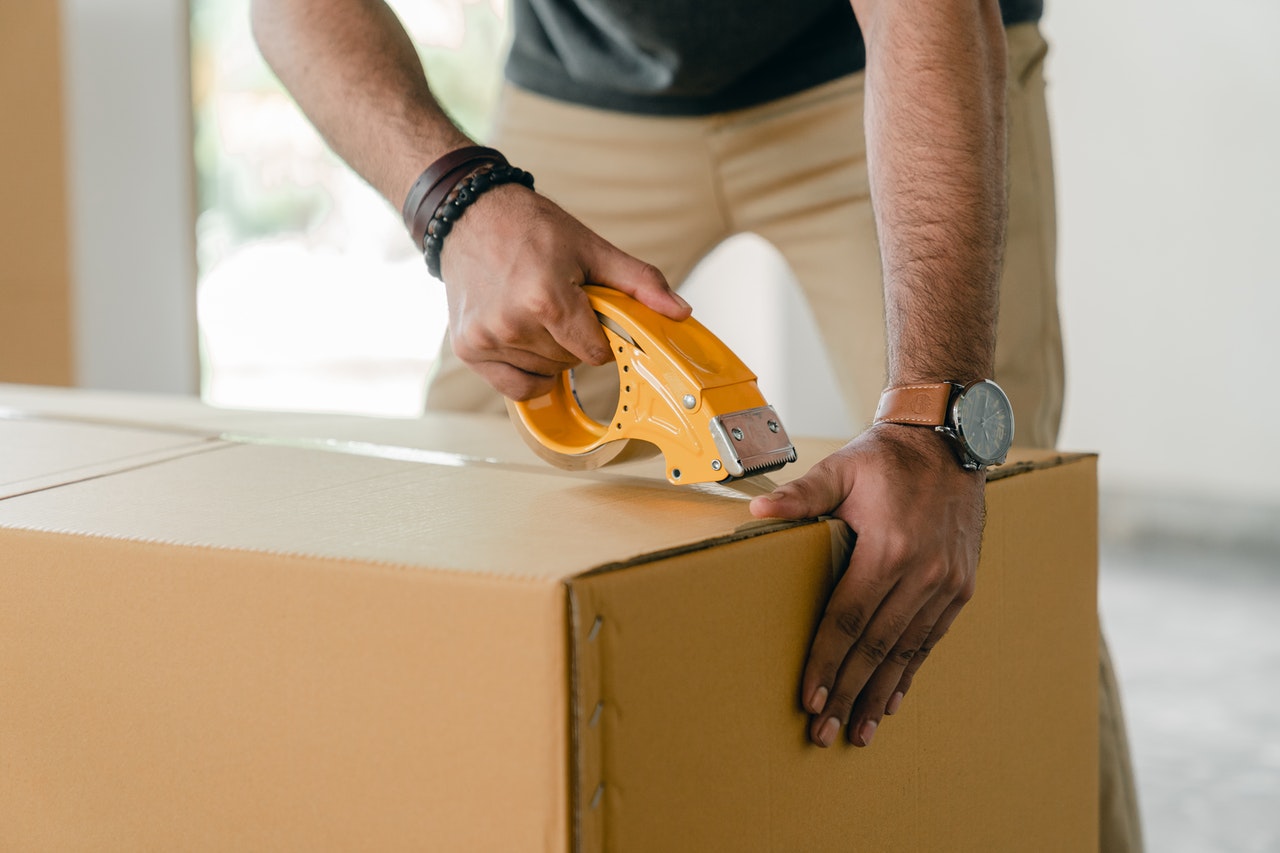The U.S. has one of the leading self-storage industries in the world that’s been powered by what is known as the Four Ds, namely: death, displacement, disaster, and divorce. However, the COVID-19 pandemic and a few other factors such as increased competition and over-expansion have made this business look as vulnerable as many others.
It had been expanding in contrast to what others may think, doing such a thing even before the last recession. Companies have been driving the demand for bigger storage space to increase their footprint. Businesses like the Lakeside Manufacturing Facility have enjoyed a huge upturn in business before the pandemic. Others haven’t been so lucky as a 4.3% decline had been recorded nationwide since June.
It doesn’t seem like there’s an immediate end to the problems hounding the growth of this industry, but it has largely begun to cope. Here’s what has happened so far.
An Increase That Fueled the Industry Until its Recent Crash
Self-storage units got their start in the 60s with a rise in American consumerism. With more stuff elbowing out other items for space at home, people began to search for quick solutions. The self-storage industry was borne out of this sudden need and rise in excess items.
Even after the most recent recession, rates for storage units have climbed nationwide. It rode the increasing demand by Americans, rising with more income coming from economic booms that were experienced following the recession.
In the most recent figure, self-storage facilities were at 60,000 in 2020, compared to 47,000 as of 2008. Revenue also increased 2.6% to $38.6 billion in 2019.
Technology Offers Rising Competition
The self-storage sector has enjoyed a success that’s only been hampered by the recent pandemic. To be fair, many industries have been rendered helpless by the conditions bought by COVID-19. Before this happened, the self-storage industry has been welcoming newcomers, led by venture capital-powered startups.
These upstarts in the industry gave traditional companies a run for their money. These new rivals were led by companies Clutter and MakeSpace, which embraced the marriage of the old and the new by introducing cutting-edge, modern technology to contact its customers and offer services such as delivery and pickups.
Rahul Gandhi, co-founder and chief executive of MakeSpace, pointed out how the sector suffered from a lack of innovation in interacting with customers.

Adjusting to the Pandemic
With most places closed, there’s no reason for people to even make contracts with self-storage spaces. Some companies saw an opportunity, however. The pandemic also meant that there are people who were displaced from their dwellings—like college students.
Salt Lake City-based REIT Extra Space Storage went ahead and offered “a grace period” for fees while also freezing rates for their current tenants. For their part, Phoenix’s U-Haul said that there would be 30 days of free storage to college students in the U.S. and Canada.
These companies said that they’re doing this to ease the doubts and fears feeling by these students.
Taking Steps to Combat the Pandemic
With the pandemic in full bloom, those within the self-storage industry went ahead and adjusted to the situation. For instance, the Inside Self-Storage World Expo has delayed its annual conference later this year from March. Meanwhile, the Self-Storage Association (SSA) canceled the 2020 Spring Conference and Trade Show in San Antonio.
With the pandemic infection not choosing people, these companies felt it prudent to withhold their events later. It’s all in the spirit of caution and to avoid spreading the virus further.
Uncertain times Still Ahead
With all that’s happened and the industry’s moves to meet it, there are still uncertainties facing the current situation. This was reported by Fitch Ratings on March 11, citing that leasing of self-storage units can suffer from further COVID-19 related disruptions. It can also bear the brunt of reduced demand from business tenants.
That being said, the pandemic can also force consumers to re-think moving stored items. With shelter-in-place orders being enforced, it can help balance out the weak demand from the market and other problems that the industry might face.
The situation that the self-storage industry finds itself in isn’t unique. All over the world, different industries and the companies under them are facing the same crisis. They experienced significant drawbacks that can lead to failure or closure. What the industry has been doing so far shows that what’s needed to face this problem is concrete and optimistic solutions rather than halfhearted, pessimistic options. This way, any difficult situation, such as a pandemic and economic recession, can be handled efficiently without sacrificing the business’s operations.
